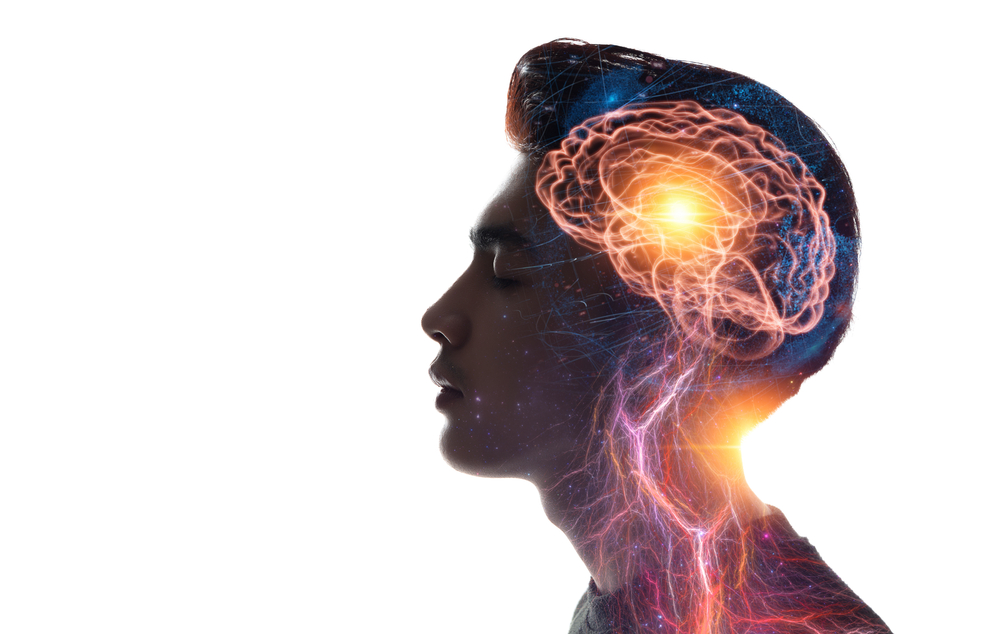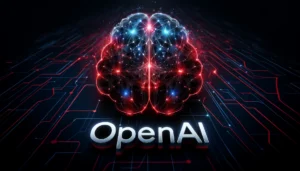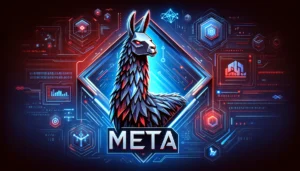IBM has developed a bio-inspired chip with the potential to make AI greener and more energy-efficient.
As super-powerful AI models like ChatGPT become ubiquitous throughout society, big tech rivals such as Google, Microsoft, Meta, and startups like Anthropic and Inflection have started hoarding vast quantities of computing power.
The hardware required to train AI is power-hungry, contributing to the already-vast environmental impact of data centers.
This has triggered R&D efforts to build innovative AI chips capable of heavy workloads with lower power consumption. Nvidia’s latest GH2000 chip has already achieved greater energy efficiency than its predecessors, with the company claiming it’ll make data centers 12 times cheaper and use 20 times less energy.
IBM’s new bio-inspired analog chip is modeled on the biological brain and will be effective in portable workloads such as cars, phones, and cameras.
Thanos Vasilopoulos, a scientist at IBM’s Zurich research lab, told the BBC, “Compared to traditional computers, the human brain achieves remarkable performance with minimal power consumption.”
Most existing chips are digital and use binary (0s and 1s) for data storage. IBM’s new chip is distinct as it utilizes analog components known as memristors (memory resistors), capable of storing varying numerical values.
This analog nature of memristors mirrors synaptic functions. It’s not the first bio-inspired chip – an Indian research team successfully designed one in 2022.
Professor. Ferrante Neri from the University of Surrey explained, “Interconnected memristors can create a network mirroring a biological brain.”
Although primarily analog, IBM’s chip retains some digital components, ensuring compatibility with current AI systems.
These lightweight chips would be particularly useful for gadgets, vehicles, and IoT hardware.
IBM’s new analog chip for deep learning
IBM’s chips reduce power consumption while delivering impressive performance in a lightweight package.
These chips are modeled on the human brain, which consumes about the same watts as a light bulb.
Here are the key points:
- Current AI hardware limitations: Most AI architectures separate memory from processing units, meaning they must continually exchange data between the two, slowing computation and compromising energy efficiency.
- Analog chips: Mirroring human brain functions, IBM’s approach employs phase-change memory (PCM), which registers its state as a spectrum of values rather than 0s and 1s. This reduces the need for data transmission between memory and processor.
- The technical bit: IBM’s design features 64 analog in-memory compute cores, each containing a 256-by-256 synaptic array. Each core can compute a deep neural network (DNN) model layer. A central digital processing unit on the chip handles other complex operations.
- Performance metrics: The chip achieved an excellent 92.81% accuracy on a computer vision (CV) benchmark test. It’s over 15 times more efficient than several existing chips.
Once refined, these bio-inspired chips will accompany digital chips in hybrid architectures. This will enable lightweight, energy-efficient AI systems that can still handle heavy workloads.
Eventually, these chips will become lightweight enough to deploy in intelligent autonomous technology, potentially ushering forth a new generation of robots that walk, talk, and interact with their environment without excessive power consumption.





